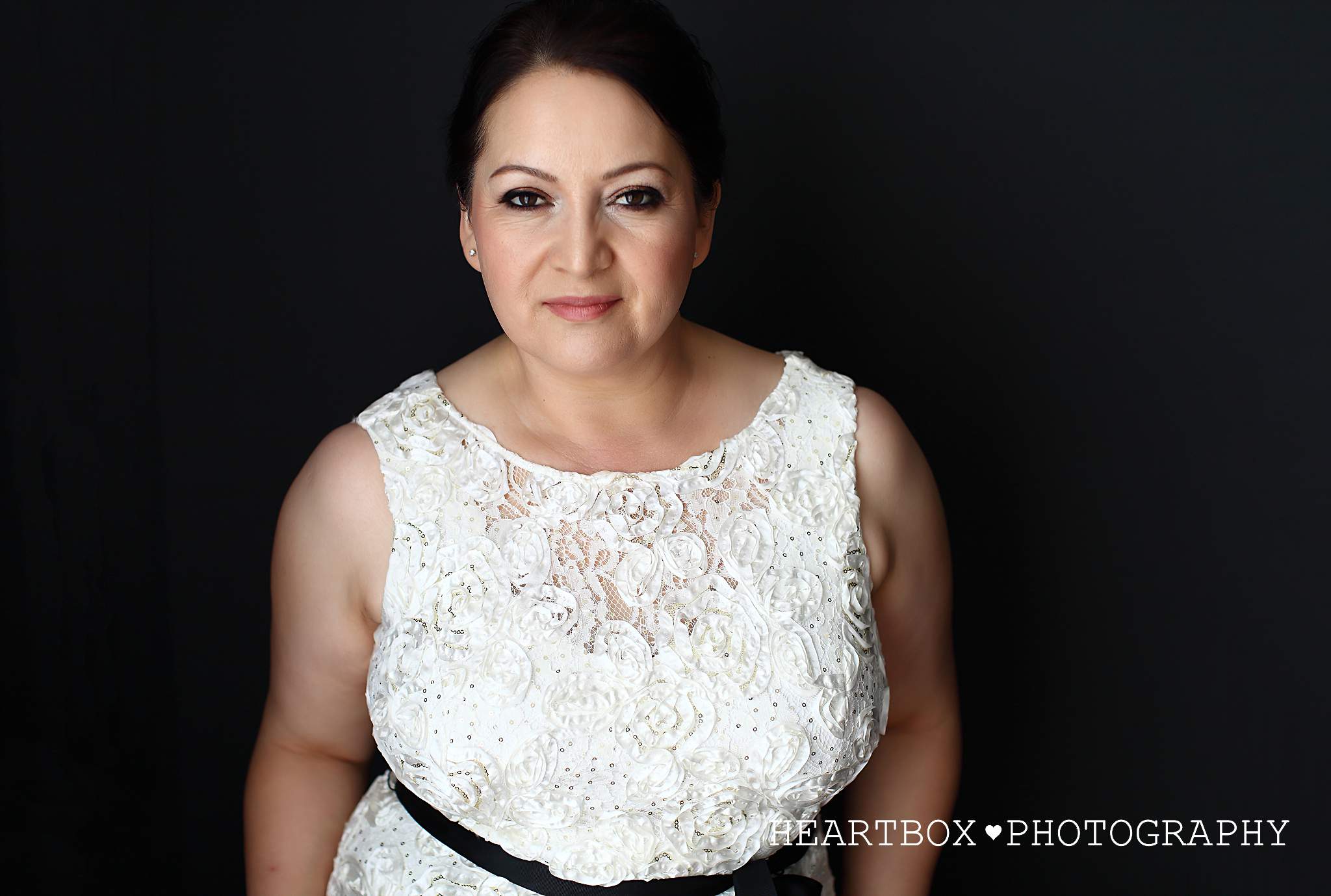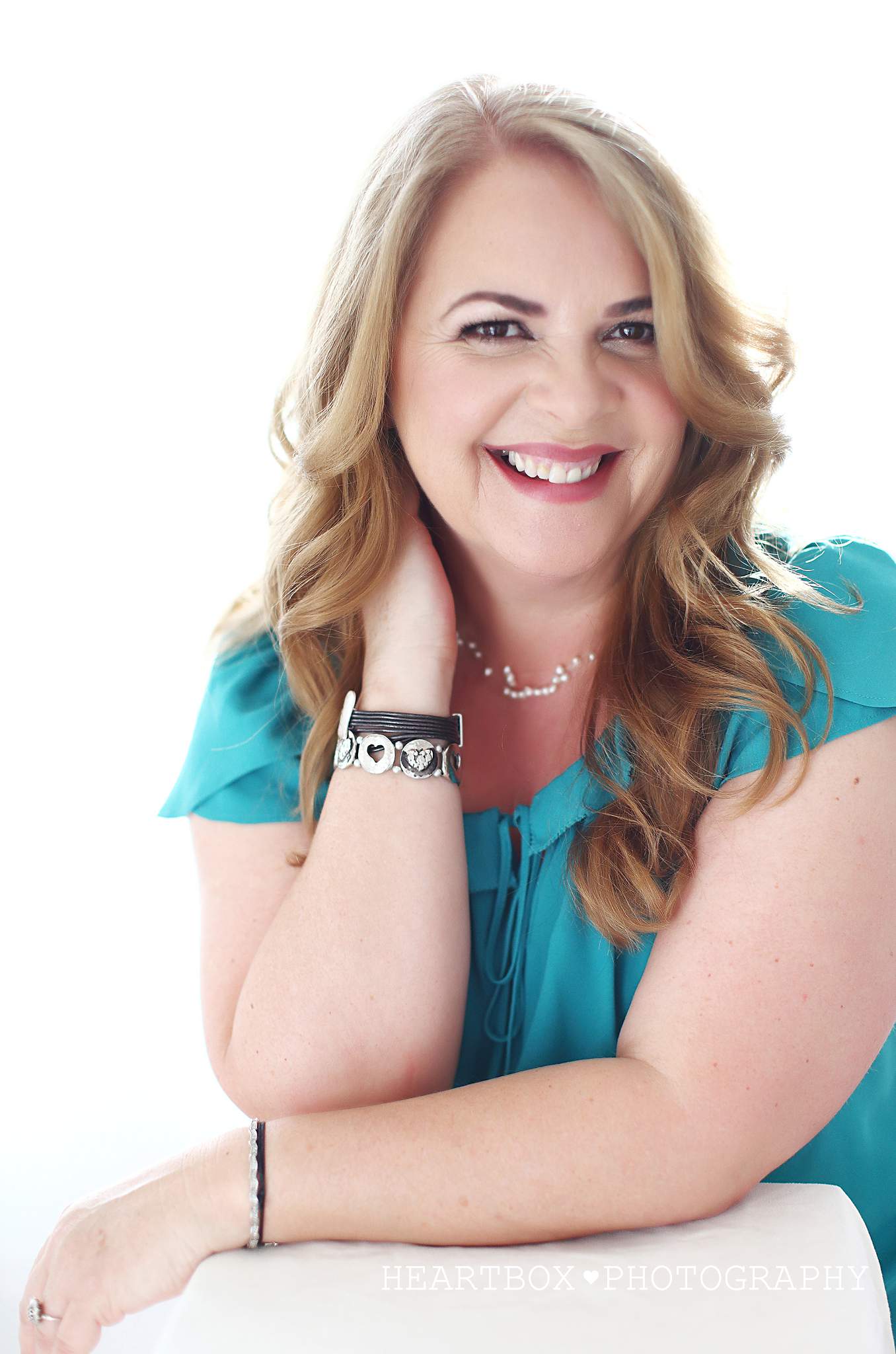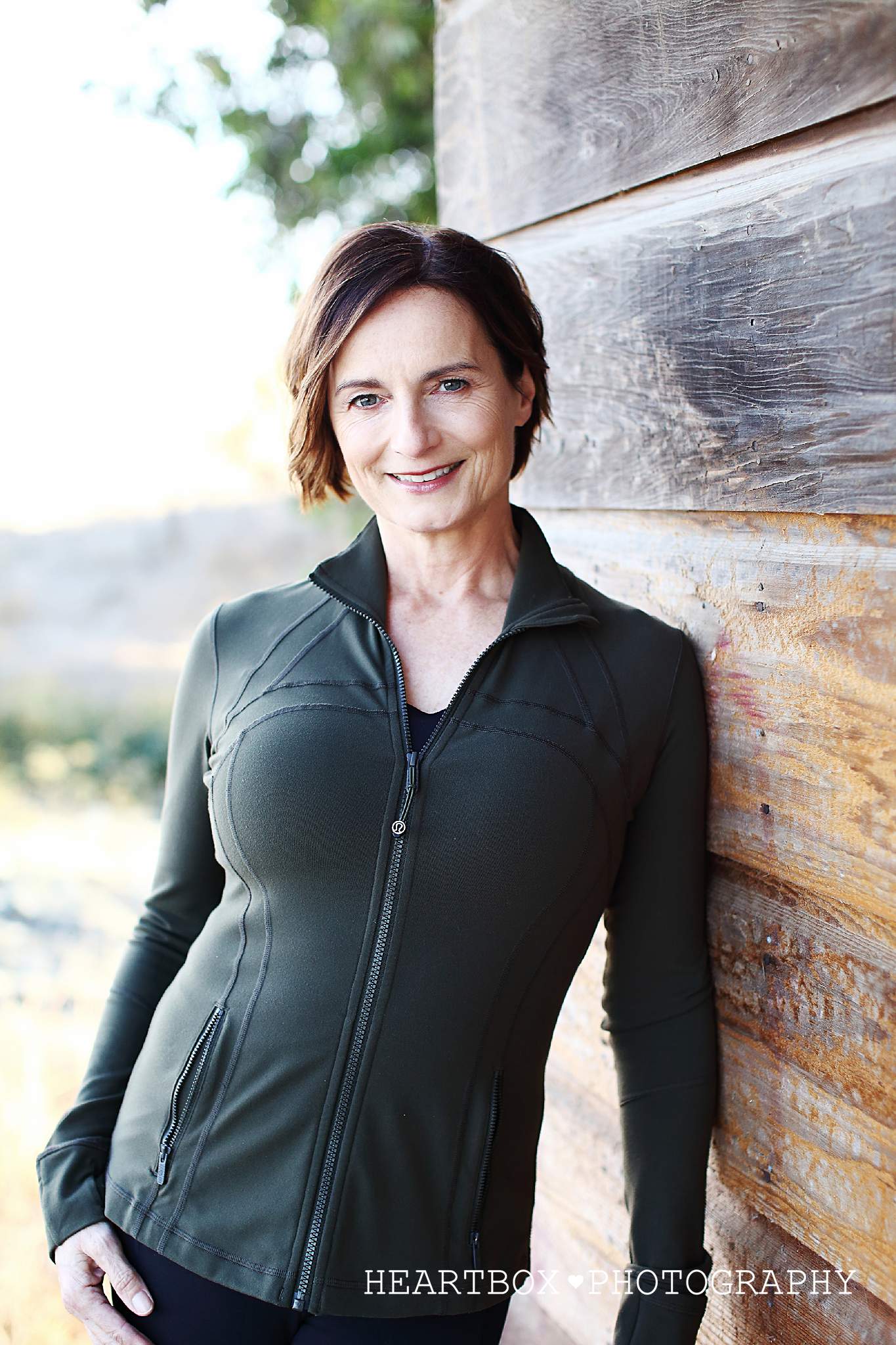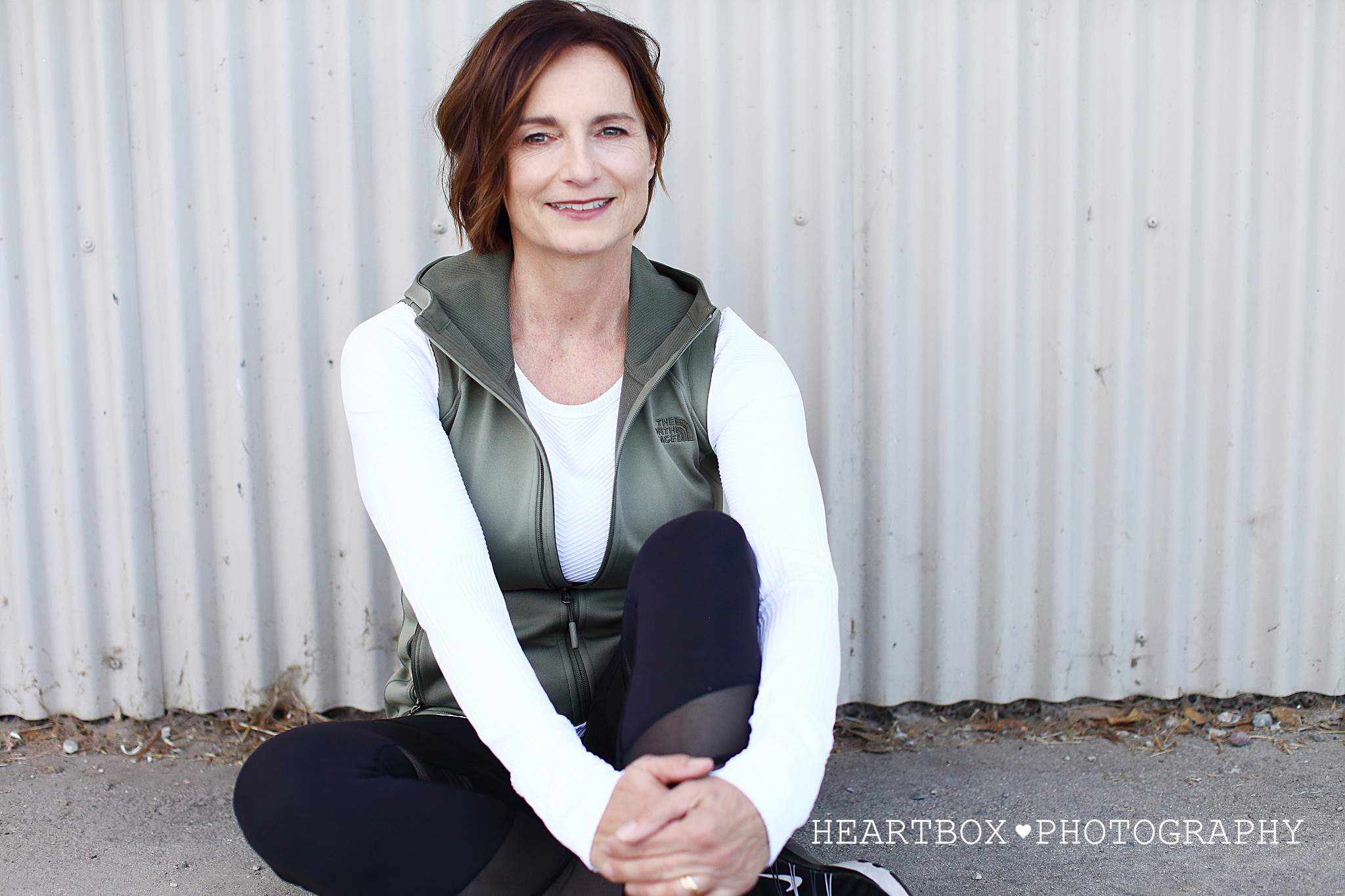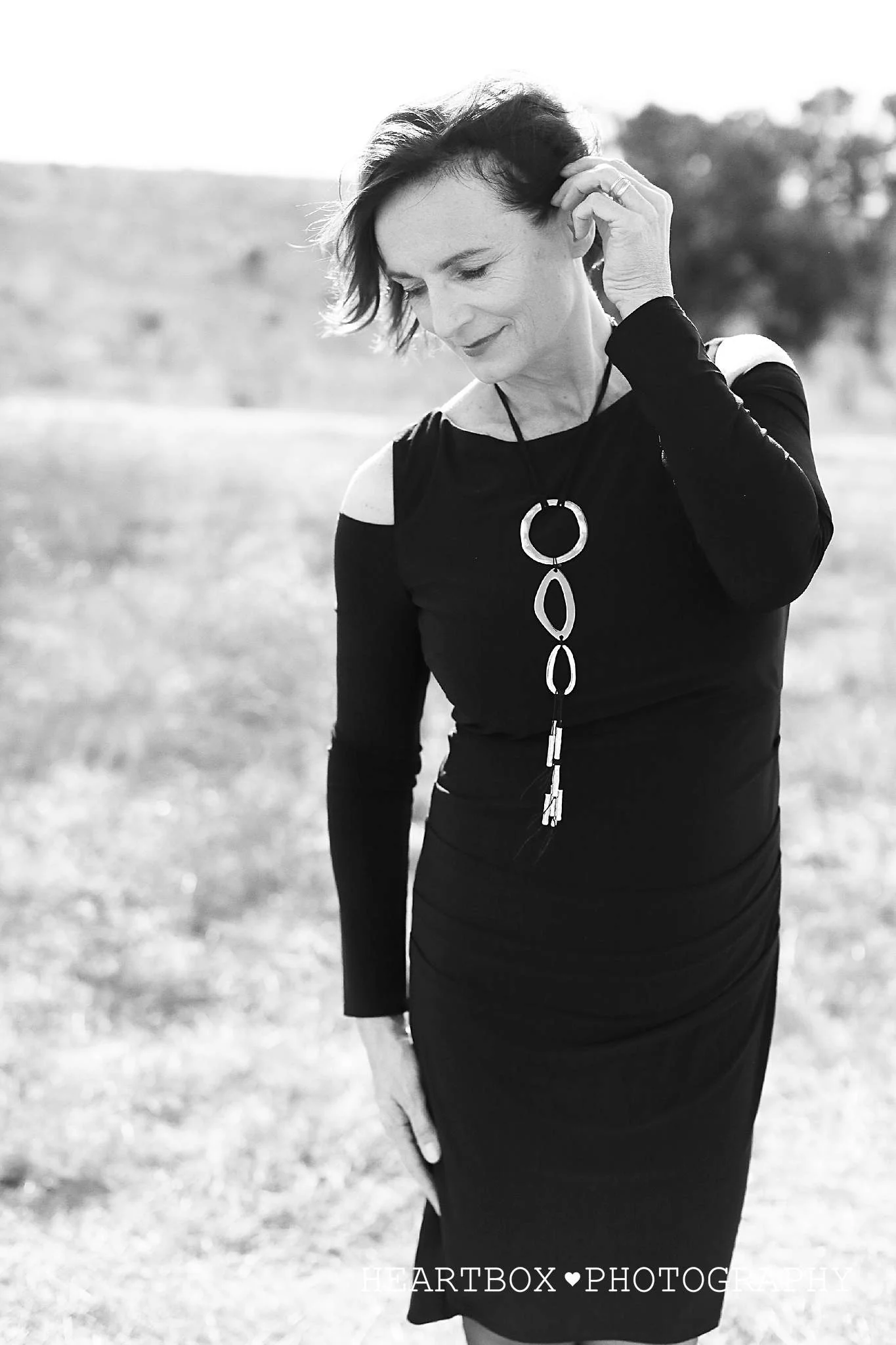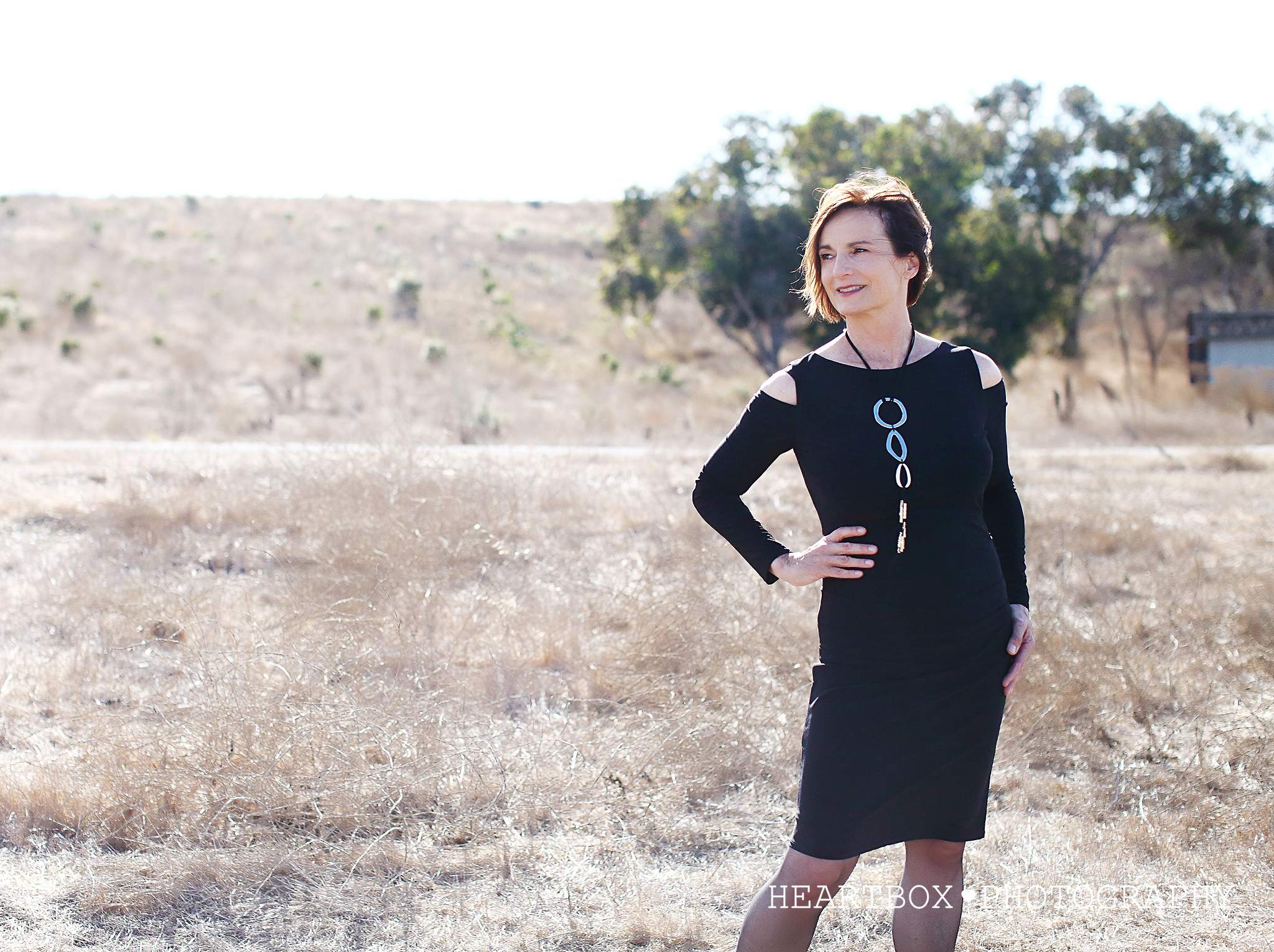As a child or teenager, I never thought of myself as poor or disadvantaged. I was never hungry and always had clothing and shelter. I grew up in Durham, N. C. where I had great role models. There was a black owned bank, black owned insurance company and blacks were attorneys, real estate professionals and business owners [such as] drug stores, grocery stores, barbershops, doctors, dentists, etc.). When I was a freshman in college and met another freshman from New Rochelle, New York, and he told me he had never seen a black mailman, I begin to realize how blessed my childhood had been.
I married my childhood sweetheart and we bought our first home before we were 25 years old. The house was brand new and was quite an accomplishment. I worked at IBM and my husband at Owens-Illinois and we lived a good life.
In 1972, we moved to Atlanta, Georgia and started a new life there. I had always wanted to move out of Durham so we could come back on holidays as I had seen many of my neighbors’ children do.
I remember applying for a job at Southern Bell in Atlanta where my husband was working. I had to take a test. I took the test along with a white woman and I was called to the desk and told I had failed the test. The test was a very easy test and I knew I passed it, so I told the lady that I knew I had passed the test. I insisted and they reviewed my test again and determined I indeed passed the test. Southern Bell offered me a job, but I was so upset with the way I had been treated that I declined their offer and found another job.
After a few years of living in Atlanta, I decided to sit for the real estate exam. I passed the exam and started selling houses. I loved real estate. I worked for a black real estate company and we had some of the best sales training in the U.S. I remember famous sales trainer, J. W. Edwards, telling me I could sell to white customers because of my light-skinned complexion. I studied for my real estate brokers license after 3 years and passed and went into business with six of my real estate co-workers. We opened our own company.
After my divorce, I went to work at the Centers for Disease Control (CDC). At the time it was so painful to go sit in an office for 8 hours a day and the salary was peanuts compared to what I made in a real estate closing, but it was consistent and that was what I needed. As I look back, that was the best thing for me so that I could retire with benefits and enjoy the senior days of my life.
I ended up loving my job at CDC, learned so much, and accomplished so much working there. It was a godsend. While working at CDC, I was introduced to meeting and event planning and joined the Society of Government Meeting Professionals (SGMP). This organization gave me great opportunities to be a leader and to become an officer on a national board. I traveled and spoke at chapters across the United States. I chartered chapters in Baton Rouge and Houston. I received my Certified Meeting Professional (CMP), Certified Tourism Asset Specialist (CTAS), and Certified Government Meeting Professional (CGMP) certifications. I received SGMP’s highest award in 2007.
Knowing what I know now, I would tell my younger self that life doesn’t always go the way you plan or want it to go, but you must take advantage of all of the opportunities that arise. Use them to help you get what you want. Work hard and strive to be the best at what you do. Never give up when life throws you a curve. Keep putting one foot in front of the other and you will win in the end.
I appreciate most that I am able to retire. I appreciate my family and friends and the fact that even though I have moved thousands of miles away from my close friends, we still keep in touch. I appreciate that I have met some wonderful people here in California and that I am as healthy as I am.”
What are you most proud of?
“I am most proud of the two children I have raised. They are good people with good hearts and are not afraid of hard work and difficulties. I hope one day they realize what I tried to instill in them and how it helped them on their life’s journey. I wanted them to be able to successfully go forward when I am no longer here.”
Who inspires you?
“A lot of my high school teachers inspired me. My former boss at CDC, Dr. Carl Tyler, MD, who encouraged me to do a lot of the things that I accomplished at CDC. When I was having trouble getting a promotion or a cash award, he encouraged me to continue my work of trying to get more minority students to CDC to work in Internships and Fellowships as well as permanent positions. Dr. Tyler had served as the Director of the CDC Epidemic Intelligence Service which is CDC’s most prestigious group of epidemiologists. Dr. Tyler had a sleep disorder that caused him to be demoted and locked out of his office. He continued to work at CDC and do great things in public health. One of my former neighbors, Jackie Cooper, who at 90 years of age, inspires me. She is always so full of life and joy and makes me want to be just like her.”
What is one surprising fact about you?
“I never learned to ride a bicycle, skate, or swim. My mother was afraid that I would get hurt so she didn’t buy me a bicycle or skates. I used to use my friends bicycle or skates, but never long enough to learn.”
Who would you like to meet?
“At this point in my life, I would like to meet former President, Barack Obama. I would love to be able to say I met the first black President of the United States.
What is the best advice you’ve ever received?
“Treat people like you want to be treated.” My mother taught me that. She said “You never know who will give you your last drink of water so treat people like you want to be treated.”
What does black excellence mean to you?
“Honoring Black Excellence is honoring in this case black women who have excelled and accomplished great things despite the personal setbacks and heartaches they have experienced while living as a black woman in this country. Black women have always had to be strong from the time when they were enslaved and their children were taken away and sold, through the civil rights movement when they worked beside their men and behind the scenes until this day.”















